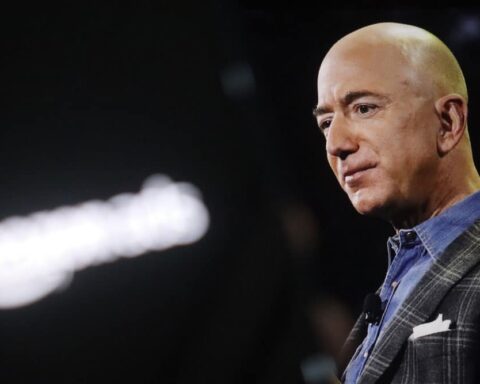New Study Shows Class Origins Shape Executives’ Approaches to Corporate Social Responsibility and Economic Impact
A recent study sheds new light on how a CEO’s socioeconomic background shapes their approach to corporate social responsibility (CSR) and priorities within employee welfare initiatives. According to research published in Human Relations by scholars Joanna Tochman Campbell and Jennifer Kish-Gephart, CEOs from diverse class origins often exhibit distinct focuses when implementing CSR efforts, influenced by formative experiences tied to their upbringing.
Class-Based Approaches to Corporate Giving and Employee Welfare
The study reveals a noticeable pattern in how CEOs allocate CSR resources, depending on whether they self-identify as coming from lower, lower-middle, middle, upper-middle, or upper-class backgrounds. CEOs who have experienced economic challenges firsthand, typically those from lower or lower-middle-class families, tend to direct corporate giving toward helping economically disadvantaged communities. These CEOs often prioritize initiatives related to housing, educational support, and access to basic resources, reflecting a sensitivity to the struggles they or their communities once faced.
On the other hand, CEOs hailing from middle or upper-class backgrounds tend to focus their CSR initiatives more internally. They prioritize improving employee welfare through robust retirement plans, policies aimed at preventing layoffs, enhanced union relations, and other practices that support workforce stability. The study suggests that these leaders, having experienced a certain level of financial security growing up, view CSR as an opportunity to enhance the well-being of employees within the corporate structure, particularly those with relatively steady incomes.
The Lasting Influence of Socioeconomic Backgrounds
These findings align with a broader body of research showing that an individual’s class origin continues to shape their perspectives well after they achieve higher economic status. This influence can be seen in many fields, as people with working-class origins often support policies that benefit economically disadvantaged groups. For example, members of Congress with working-class roots are more likely to back economically liberal policies than those with white-collar backgrounds. Similarly, professionals’ childhood environments often influence their perspectives on work-life balance and job priorities throughout their careers.
The study conducted by Campbell and Kish-Gephart drew on a combination of CEO surveys and corporate practice databases, offering an evidence-based view of how CEOs’ formative experiences can shape corporate policy decisions. Lower-class CEOs, who often faced economic hardships growing up, tend to have a heightened awareness of community needs and a willingness to invest in external giving that addresses these issues. In contrast, those from affluent backgrounds generally have less direct exposure to such challenges and therefore tend to focus on in-house employee welfare initiatives, which can also contribute to the financial security of the employees they oversee.
Toward a More Comprehensive Approach to CSR
Understanding the impact of CEOs’ class origins on CSR decision-making can lead to a more inclusive approach to corporate social responsibility. For CEOs from lower socioeconomic backgrounds, expanding their focus to include employee welfare might create a more balanced CSR strategy. Similarly, executives from more affluent backgrounds may find value in considering initiatives that extend support to economically disadvantaged communities.
As corporations continue to play an increasingly influential role in addressing social challenges, this study offers insights that could help leaders create CSR programs that encompass both employee welfare and community support. By encouraging leaders to recognize and integrate perspectives from across the socioeconomic spectrum, companies may develop more holistic, impactful CSR strategies that meet both internal and external needs, fostering a culture of responsibility that transcends class barriers.
In this way, CEOs may not only elevate their businesses but also contribute meaningfully to a more equitable society, demonstrating how diversity in leadership backgrounds can shape and enrich corporate practices and priorities.
Post Views: 267
















